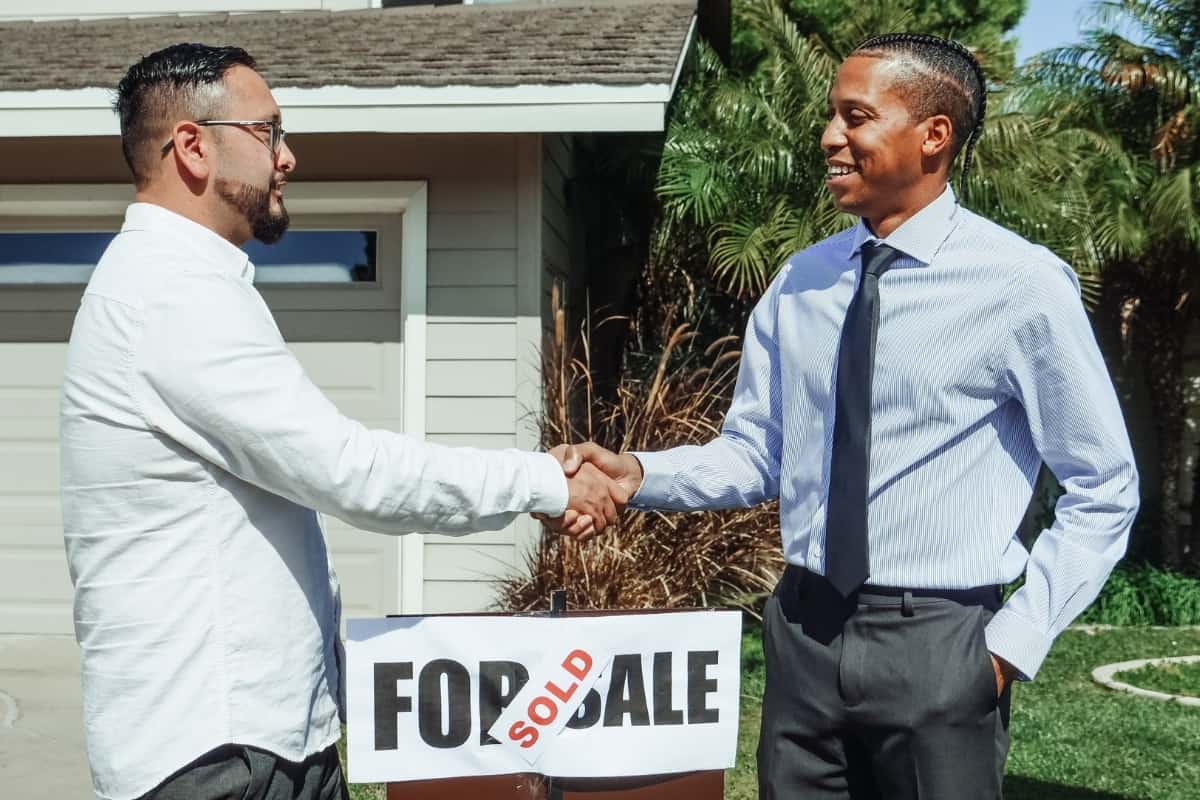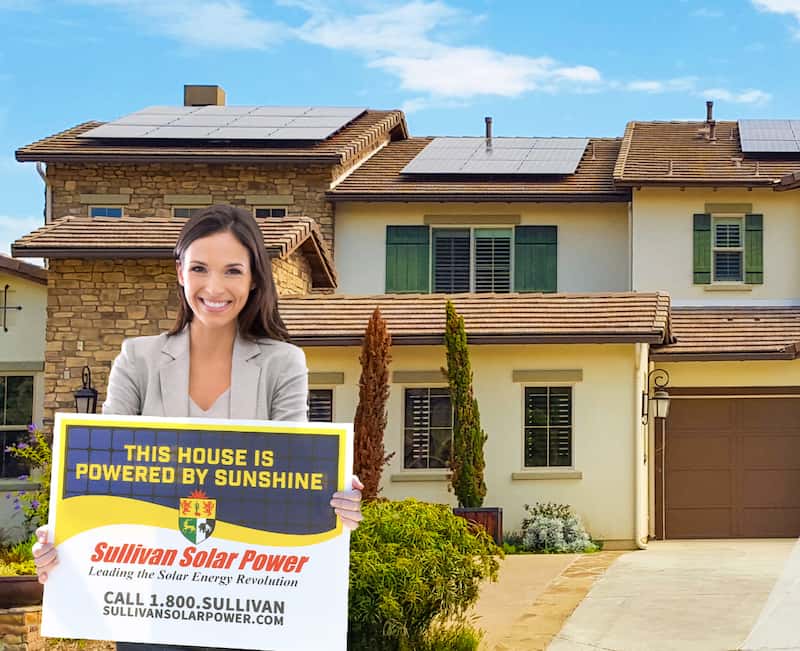Is it Harder to Sell a Home with Solar Panels?



When homeowners consider installing a solar power system, they often worry about what will happen if they ever decide to sell their property. Many people assume that buying solar panels only makes sense if they're committed to living in their home until they've recouped their entire investment. Others worry that a solar rooftop system might negatively impact their property values or make it harder to sell.
Happily, most of these concerns are misplaced. The reality is that solar power can be a sound investment whether you're living in your forever home or not. Selling a house with solar panels can indeed present a few challenges, but the key to success is understanding how to anticipate, prepare for and overcome them.
Anyone who has ever sold a home knows that beauty is in the eye of the beholder. Even aspects of your house that you adore might not appeal to others, which can drive down the value of your property. Solar power might be the perfect home addition to you, but is it really something other people want?
For modern homebuyers, the answer is increasingly yes. An overwhelming 80% of buyers report that energy-efficient features are important to them when looking for a new home. With the growing popularity of renewable energy - not to mention the skyrocketing price of electricity in many areas - that number is likely to climb even higher in the future.
However, there's one other thing that can turn prospective buyers away: fear of the unknown. Some homebuyers simply don't know much about residential solar power and carry a lot of negative misconceptions. They frequently worry about things like maintenance and repair costs while underestimating the benefits of solar panel ownership. This issue is much less common in areas as solar-conscious as San Diego, but it's still worth keeping in mind.
As a result, you may need to educate some would-be buyers and address their misapprehension. It takes a bit of extra work, but helping people understand the pros and cons of solar power can make all the difference in a sale. Once homebuyers are more familiar with the topic, a solar panel system is often a key selling point.
When you decide to sell a solar-equipped home, much of your experience will depend on how you chose to finance your system. First, however, there are several things you can do to ensure a smooth and profitable experience. To start, choose an agent or broker who is familiar with solar power. Knowledgeable, experienced agents understand how to leverage the appeal of solar and can help you skillfully handle any issues that arise.
Next, make sure you come with receipts - both literally and figuratively. A major part of the appeal of solar power is the energy savings, so being able to show prospective buyers real numbers is invaluable. Similarly, make sure you're prepared to answer questions about the age and condition of your system, its warranty status, the company that installed it and how it's been maintained.
Finally, it's time to talk about solar financing. If you paid for your system in full at the time of installation, you're in luck. The same is true if you took out a loan that you subsequently paid off. Since the solar panels are yours, they can be treated as a valuable addition to your home with no strings attached. If you don't currently own your equipment in full, however, things get a bit murkier.
Buying a new solar power system outright offers plenty of benefits, but it isn't feasible for everyone. A solar loan is a popular alternative, allowing you to enjoy most of the perks of an up-front purchase without a huge outlay of cash. The problem, of course, is that you don't actually own the system until your loan is fully paid.
As a result, selling a house with a solar loan attached requires you to make a decision. The simplest option is to pay the balance of the loan before selling. Although this may be costly initially, you can often recover your expenses once the sale is completed. With the loan paid off, your home will likely sell more quickly and for more money.
Another option is to continue making the loan payments yourself even after the sale. Although you'll no longer be enjoying the benefits of your investment, taking the loan with you may make financial sense if it means a higher sale price. Note, however, that this option isn't always available. If your loan is secured, such as with a home equity loan, the balance must be paid in full before you sell your home.
Finally, many solar loans today are transferrable. That means you can list your home with the understanding that the person who buys it will also take on the balance and terms of the loan. Transferring your loan may somewhat diminish the added value of your solar power system, but it's an easy way to eliminate future monthly payments.
As solar energy has exploded in popularity in recent years, many homeowners have turned to solar panel leases for affordable, accessible financing. A solar lease essentially allows you to rent a full solar panel system for your home. The solar company retains ownership of the equipment, but you get to enjoy all the clean energy and utility savings the system produces. In return, you simply pay a fixed monthly price over the length of the agreement.
Solar leases make sense for many homeowners, but they also present the biggest obstacles when it comes to selling your house. Leases can often be transferred, but many buyers are unfamiliar with leasing and prefer the simplicity of systems that they can own themselves. Additionally, some agreements contain tricky language that places restrictions on when you can sell your home and who is financially qualified to take over your lease.
Nonetheless, these complications are unlikely to be much of a hindrance to the right buyer. By emphasizing the convenience and energy savings a lease provides, you'll ensure that your solar panel system remains an attractive selling point. If you have the budget, you can also eliminate the problem entirely by buying out the remainder of your lease.

Although some people remain resistant, most homebuyers today consider solar panels a highly desirable home upgrade. Their ability to offset utility costs is clearly attractive, but it's not just that. Many buyers also appreciate their positive environmental impact and the protection they offer against grid disruptions.
Studies have shown that people are willing to pay a premium to go solar, but pinning down a specific value can be tricky. Systems that have been fully paid off are significantly more valuable than those subject to solar loans, while leased solar panels may not add much value at all. According to the Office of Energy Efficiency & Renewable Energy, buyers pay an average of $15,000 more for homes with solar panel systems that are fully owned.
As you can see, there's no reason it has to be harder to sell a house with solar panels. In fact, in addition to benefiting the environment and minimizing your utility costs, going solar is a very sensible way to boost your home's value and set it apart from the crowd. Along with the short-term extension of the federal solar tax credit, that means there's more reason than ever to join the solar energy revolution.